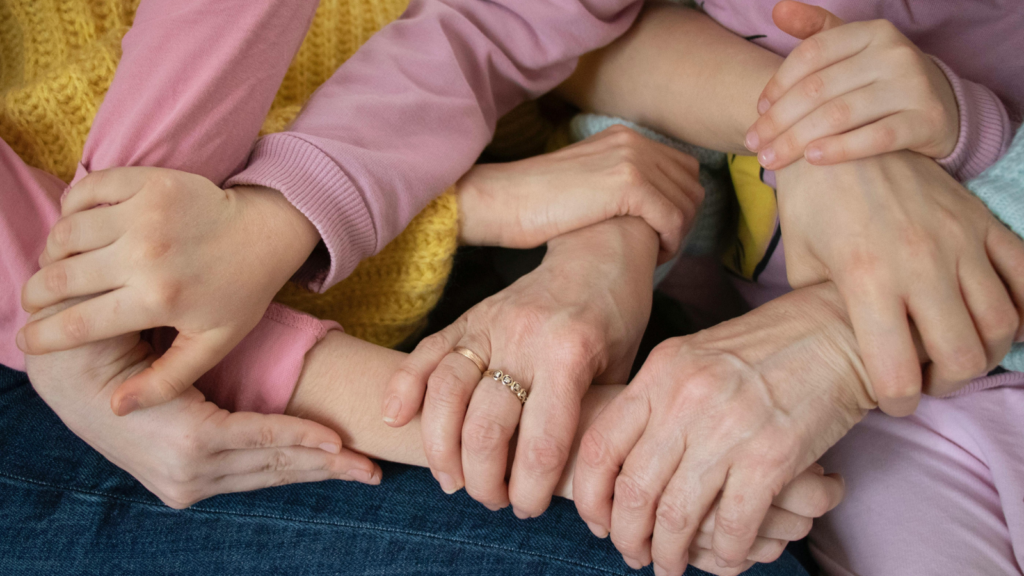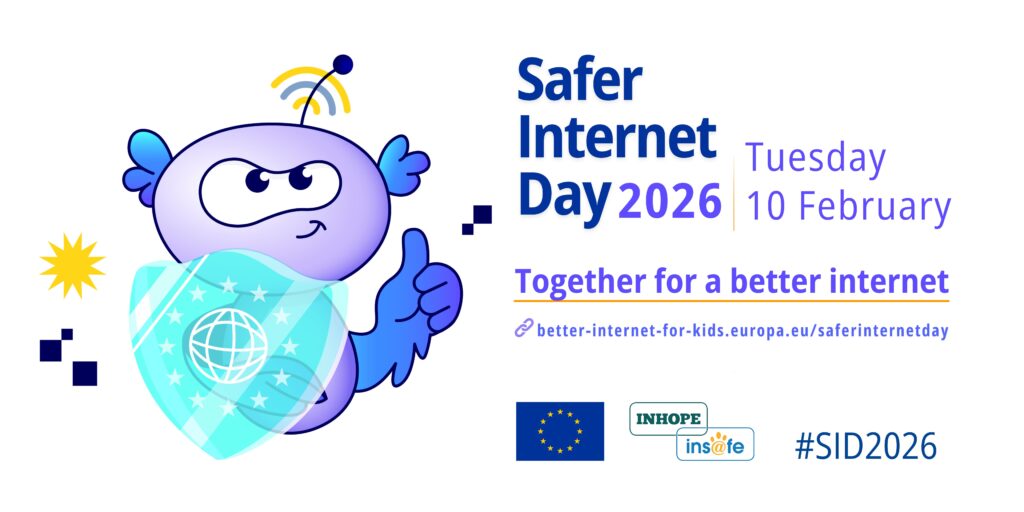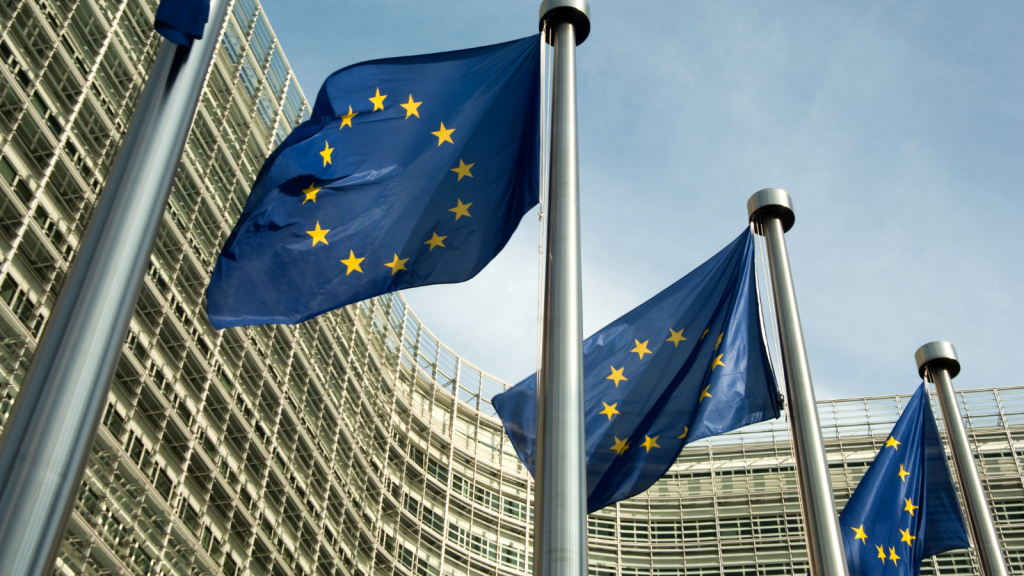Media release.
Brussels, 12th October 2022
The EU Work-life Balance Directive is the first legislative initiative that follows the launch of the European Pillar of Social Rights in 2017 and was formally adopted two years later in 2019. COFACE Families Europe expects high ambitions from the different EU institutions and national governments in the implementation of the European Pillar of Social Rights, as a stepping stone to develop a framework for a more social and fairer European Union. Therefore, the transposition phase of this Directive has been of paramount importance. COFACE has published an assessment of the transposition, focusing on family leaves (paternity, parental, and carers’ leave) in 10 countries.
This new report presents the findings of COFACE Families Europe’s transposition assessment carried out together with national experts from 10 Member States representing geographical and welfare mix: Belgium, Croatia, Finland, France, Germany, Hungary, Italy, Lithuania, Poland, and Spain. First, the report introduces the objectives of the assessment, presents the methodology, and specifies the scope of the assessment on family leaves (paternity, parental, and carers). In the second part, the findings of the assessment are outlined providing a comparative analysis of the transposition in the 10 respective Member States. The third section discusses these findings in a broader social policy context, summarising the most important takeaways from the assessment. Finally, the concluding section highlights COFACE messages and priorities for future EU policy and legislation, providing recommendations in this regard.
Overall, COFACE Families Europe considers it crucial to launch a new dynamic in all Member States’ social policies by setting out new minimum standards in terms of family leaves which respect diversity of social systems and family-friendly policies at workplaces by providing flexible working arrangements for both men and women. In light of the current challenges of economic crisis, there is further need for legislation that helps families to tackle and prevent poverty.
Annemie Drieskens, COFACE President said: “In these times of crisis, many families are struggling to make ends meet and making sacrifices. Their fear of the future is growing. Politicians at all levels must act now and invest in supporting families as “natural safety nets”. Priority should go into providing and improving support to reconcile work and family. Therefore, a more ambitious transposition of the Directive into national legal systems is of paramount importance.”
In addition, the pandemic has magnified the need to improve the resilience of our care systems and has shown the importance of improving the well-being of care receivers and care givers, for women’s professional lives and the achievement of work-life balance. Therefore, in her State of the Union speech of September 2021, President Ursula von der Leyen announced the European Care Strategy to provide high-quality, affordable, and accessible care services across the European Union. Launched in September 2022, the European Care Strategy consists of a Commission Communication accompanied by two Proposals for Council Recommendations, one on the revision of the Barcelona targets on early childhood education and care (ECEC) to enhance women’s labour market participation, and the other on long-term care (LTC) in which the Commission recommends Member States to draw up national action plans to make care in the EU more available, accessible and of better quality for all.
While COFACE Families Europe acknowledges the importance of the new social acquis of the Directive, it will continue to advocate for higher standards by using all tools available (EU, national, statistical, policy, research, and more) working closely with its member organisations to monitor closely national reforms, ensuring that national family policies and systems are fully compliant with EU law. This includes both hard laws like the EU Work-life Balance Directive and soft laws like the EU Child Guarantee, EU Care Strategy, EU Strategy for the rights of persons with disabilities, and the EU Gender Equality Strategy – all fundamental policy frameworks to consolidate and rethink welfare systems so that families of today can be supported and resilient to different social and economic shocks.
//ENDS
For more information, please contact Attila Bőhm: abohm@coface-eu.org





